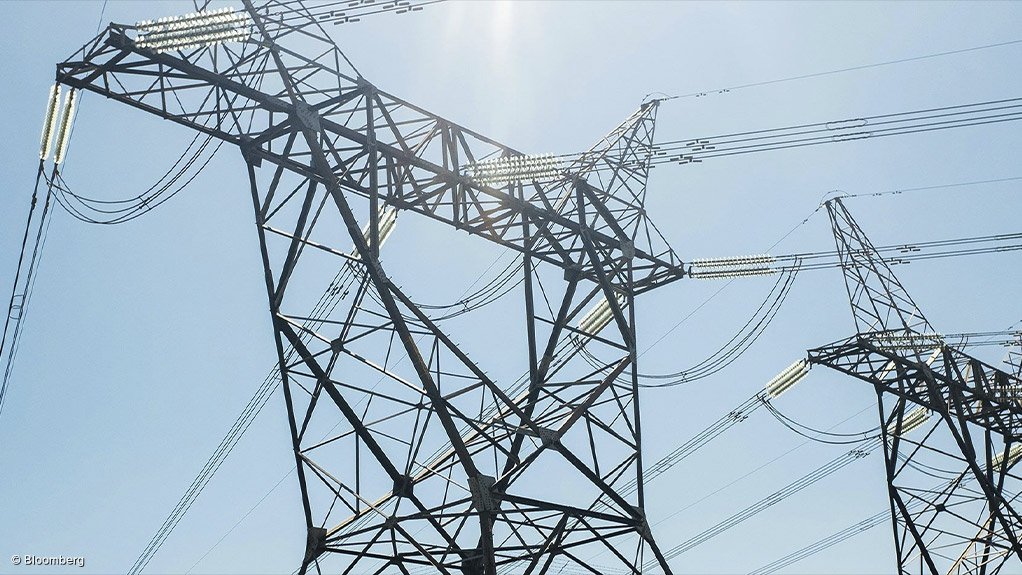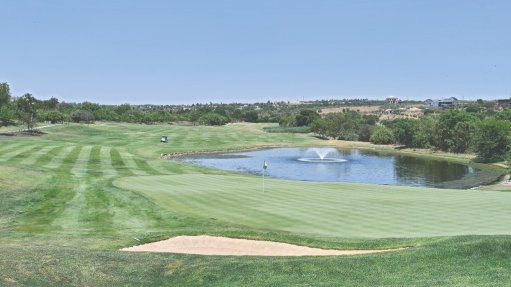Zimbabwe power utility in talks with Afreximbank on debt plan
Zimbabwe’s State electricity utility is in talks with the African Export–Import Bank to help clear $70-million of arrears it owes power producers in neighbouring South Africa and Mozambique.
Zesa Holdings needs to repay the debt to avoid having supplies shut off. Zimbabwe relies on imports because dilapidated plants and a drought-induced hyrdopower shortage have left the country unable to produce enough energy to meet requirements.
The company owes money to South Africa’s State-owned Eskom Holdings and Mozambique’s Electricidade de Mocambique and Hidroelectrica de Cahora Bassa.
“We are in the process of finalizing a financing arrangement,” Zesa CEO Patrick Chivaura said in an interview in the capital, Harare. “We have made great progress in settling our regional suppliers but we still owe them about $70-million.”
Afreximbank regional COO Humphrey Nwugo didn’t immediately respond to an emailed request for comment.
Zesa is honoring an agreement made in August to pay Eskom $4-million a month, Chivaura said. That allowed Zesa to draw as much as 400 MW of power from Eskom in terms of a non-binding contract, he said.
“The other plan which we have put into motion is to firm up our imports from the region,” he said. Zesa expects Eskom to respond by the end of January to its request for a binding commitment to supply power, Chivaura said.
Eskom is struggling to keep the lights on in its home market. The State-owned company that provides about 95% of South Africa’s electricity is struggling with more than R450-billion of debt, declining revenue and aging plants.
Zimbabwe’s own ability to generate power has been crippled by lengthy upgrades and repairs at its main Hwange thermal plant and a drought that’s reduced output at its 1 050 MW capacity Kariba hydropower facility to just 190 MW. Even with imports of power from South Africa and Mozambique, Zesa can only provide electricity for six hours a day.
Unless it rains, Kariba likely won’t be able to generate power beyond March, Chivaura said. Meteorological agencies in southern Africa have warned that a second consecutive drought in that period is a strong possibility.
Article Enquiry
Email Article
Save Article
Feedback
To advertise email advertising@creamermedia.co.za or click here
Announcements
What's On
Subscribe to improve your user experience...
Option 1 (equivalent of R125 a month):
Receive a weekly copy of Creamer Media's Engineering News & Mining Weekly magazine
(print copy for those in South Africa and e-magazine for those outside of South Africa)
Receive daily email newsletters
Access to full search results
Access archive of magazine back copies
Access to Projects in Progress
Access to ONE Research Report of your choice in PDF format
Option 2 (equivalent of R375 a month):
All benefits from Option 1
PLUS
Access to Creamer Media's Research Channel Africa for ALL Research Reports, in PDF format, on various industrial and mining sectors
including Electricity; Water; Energy Transition; Hydrogen; Roads, Rail and Ports; Coal; Gold; Platinum; Battery Metals; etc.
Already a subscriber?
Forgotten your password?
Receive weekly copy of Creamer Media's Engineering News & Mining Weekly magazine (print copy for those in South Africa and e-magazine for those outside of South Africa)
➕
Recieve daily email newsletters
➕
Access to full search results
➕
Access archive of magazine back copies
➕
Access to Projects in Progress
➕
Access to ONE Research Report of your choice in PDF format
RESEARCH CHANNEL AFRICA
R4500 (equivalent of R375 a month)
SUBSCRIBEAll benefits from Option 1
➕
Access to Creamer Media's Research Channel Africa for ALL Research Reports on various industrial and mining sectors, in PDF format, including on:
Electricity
➕
Water
➕
Energy Transition
➕
Hydrogen
➕
Roads, Rail and Ports
➕
Coal
➕
Gold
➕
Platinum
➕
Battery Metals
➕
etc.
Receive all benefits from Option 1 or Option 2 delivered to numerous people at your company
➕
Multiple User names and Passwords for simultaneous log-ins
➕
Intranet integration access to all in your organisation




















